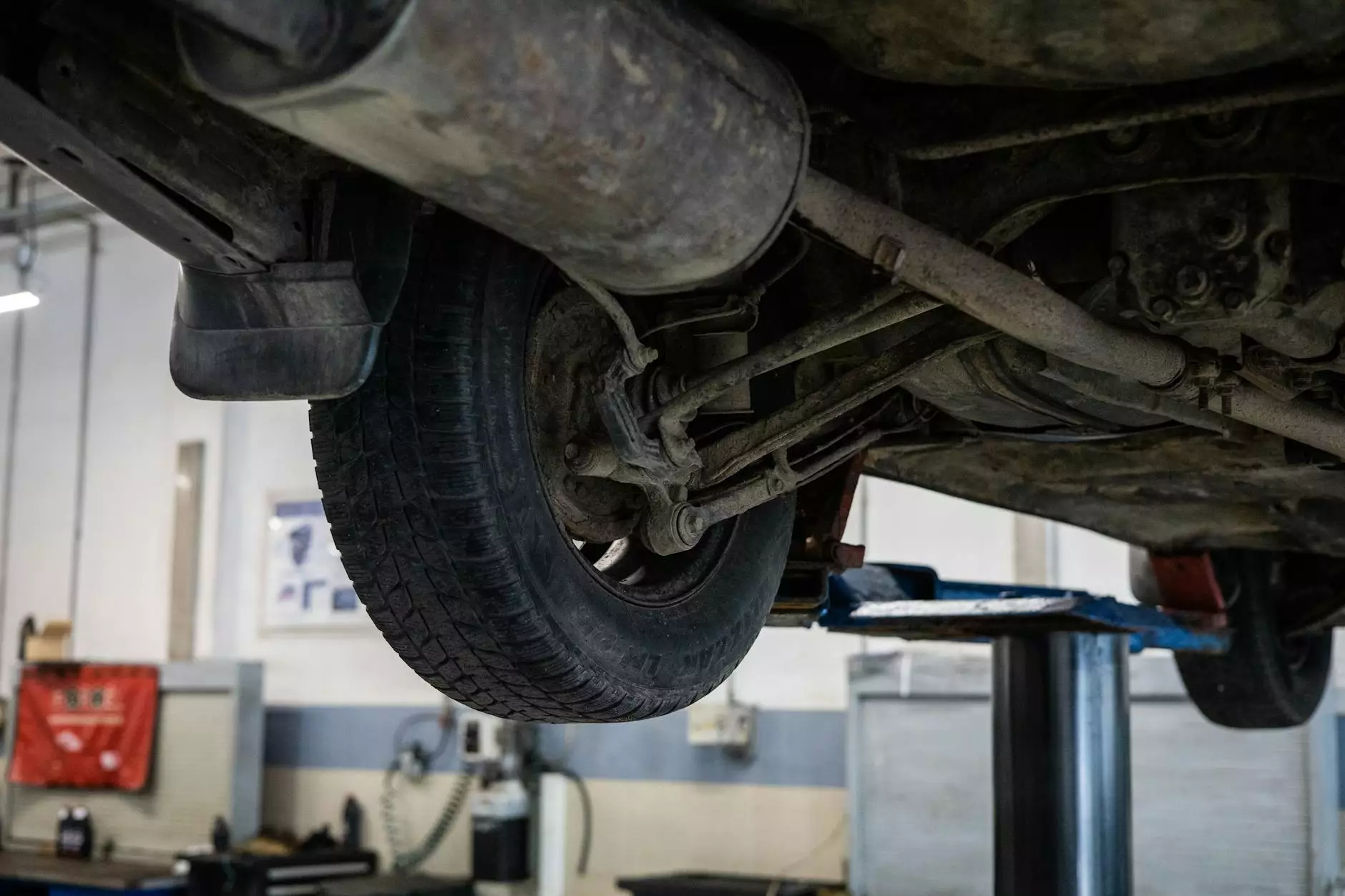The Significance of BC Electrical Safety Regulation

BC electrical safety regulation plays a crucial role in ensuring the well-being of residents, businesses, and professionals in British Columbia. As a homeowner or contractor in the field of home services, contractors, and electricians, understanding and complying with these regulations is essential not only for legal reasons but also for the safety and reliability of electrical installations.
Why BC Electrical Safety Regulation Matters
Electricity is a powerful resource that, when not handled properly, can pose significant risks. This is why regulatory bodies in British Columbia have established specific guidelines and standards to govern the electrical industry. Compliance with BC electrical safety regulation helps prevent hazards such as electrical fires, shocks, and other accidents that can result from faulty wiring or inadequate equipment.
The Impact on Home Services
For businesses offering home services such as electrical repairs, installations, and maintenance, adhering to BC electrical safety regulation is non-negotiable. By following these standards, contractors can instill trust in their customers, demonstrating a commitment to quality workmanship and safety.
Benefits for Contractors
Contractors in the electrical industry must stay up-to-date with BC electrical safety regulation to remain competitive and professional. Compliance not only protects their employees and clients but also safeguards their reputation and reduces the risk of legal consequences.
Ensuring Safety for Electricians
Electricians are at the forefront of working with electricity on a daily basis. Strict adherence to BC electrical safety regulation is paramount for their own protection and that of those around them. Training and certification in these regulations equip electricians with the knowledge and skills necessary to carry out their work safely and efficiently.
Key Components of BC Electrical Safety Regulation
BC electrical safety regulation covers various aspects of electrical work, including proper installation techniques, equipment standards, and emergency protocols. Here are some key components that contractors and electricians should be familiar with:
- Permits and Inspections: Before starting any electrical work, it is important to obtain the necessary permits and schedule inspections to ensure compliance with local regulations.
- Wiring Standards: Proper wiring methods and materials are critical to the safety and functionality of electrical systems. Following prescribed standards helps prevent malfunctions and hazards.
- Grounding and Bonding: Ensuring proper grounding and bonding of electrical systems is essential for protecting against electrical shock and fire hazards.
- Emergency Procedures: Electricians should be trained in emergency protocols, including how to respond to electrical accidents and failures quickly and effectively.
Benefits of Compliance
Complying with BC electrical safety regulation offers a range of benefits to businesses and professionals in the electrical industry. Some of these advantages include:
- Enhanced Safety: By following regulations, the risk of electrical accidents and injuries is significantly reduced, creating a safer environment for both workers and clients.
- Legal Compliance: Meeting regulatory standards helps avoid penalties, fines, and legal action, ensuring smooth operations and peace of mind.
- Improved Reputation: Demonstrating a commitment to safety and compliance enhances the reputation of businesses and professionals, attracting more clients and opportunities.
- Increased Efficiency: Proper adherence to regulations leads to more efficient work processes, reducing errors and improving overall productivity.
Conclusion
In conclusion, BC electrical safety regulation is a cornerstone of the electrical industry in British Columbia. By understanding and adhering to these regulations, businesses in home services, contractors, and electricians can ensure the safety, reliability, and professionalism of their work. Compliance not only benefits the individual businesses but also contributes to a safer and more secure electrical environment for everyone involved.









